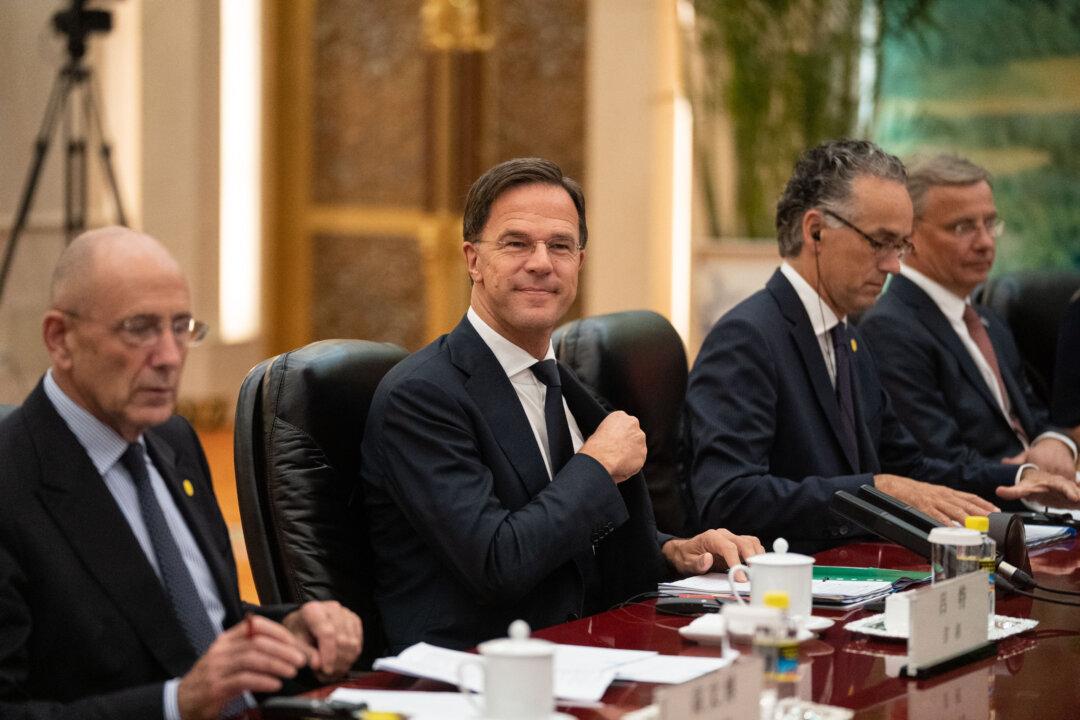Restrictions on Dutch company ASML’s export of advanced chip-making equipment to China and China’s cyberespionage were the focus of Dutch Prime Minister Mark Rutte’s state visit to Beijing from March 26 to March 27.
The aggression and military threats posed by the Chinese communist regime in the Indo-Pacific region in recent years have alarmed the United States and its allies. Following the U.S. government’s announcement of restrictions on the export of advanced chips and chip manufacturing equipment to China—to prevent these technologies from being used to strengthen China’s military—Japan and the Netherlands followed suit.




